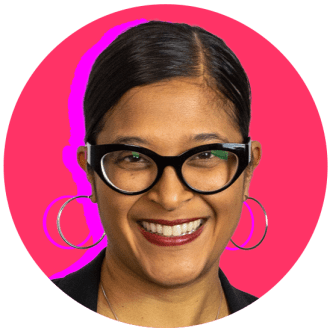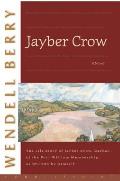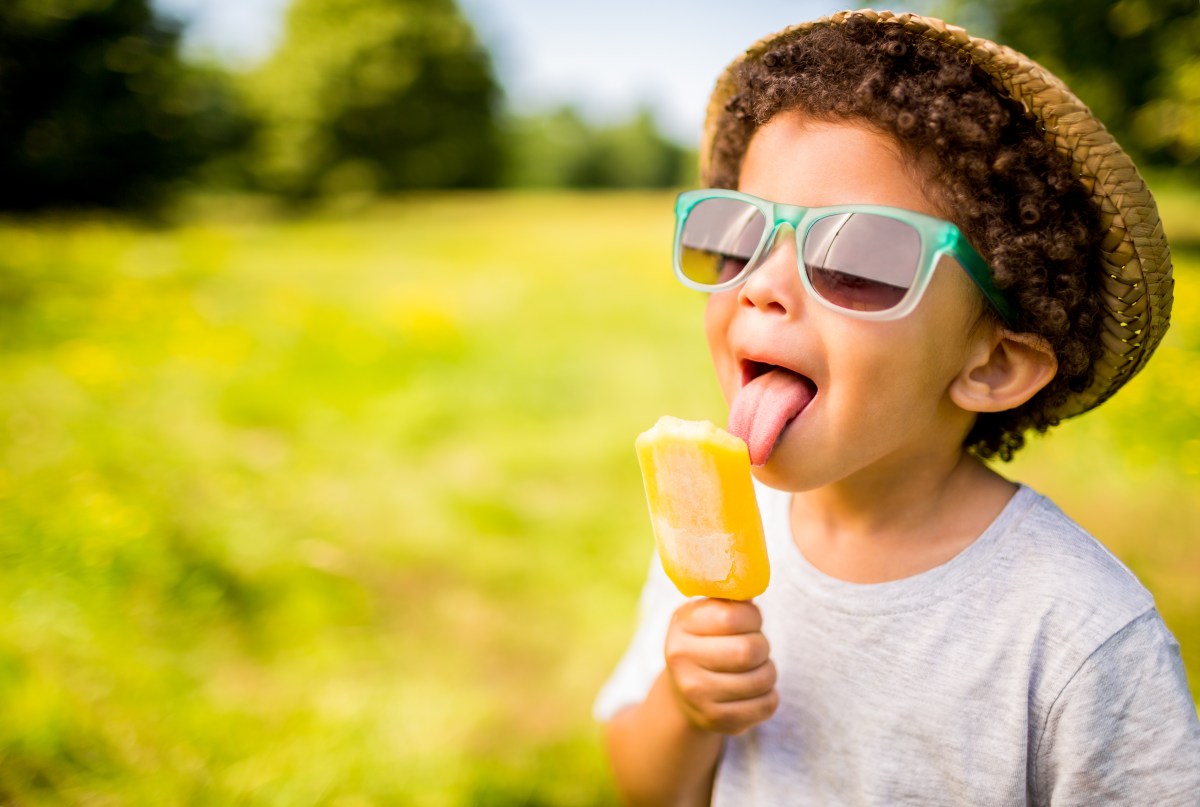Hey there,
We started Fix with the goal of connecting people and connecting the dots among issues. This pandemic hasn’t changed that ambition. What it has done is make us think harder about how to connect, and helped us redefine what connection really means.
For example, instead of bringing Fixers together for scrumptious meals or thought-provoking retreats, as we’ve been able to do over the last couple of years, we’ve tried a few new things these past months. Like sending meticulously crafted care packages, and following them up with virtual toasts. Or bringing Fixers into conversation with each other virtually to spark new ideas. Or making calls to each and every member of our Grist 50 network — 250 Fixers and growing — to see how they’re holding up, what they’re working on, and how we can help.
I’ve had discussions over the last month with a solar entrepreneur, an Indigenous chef, the founder of a geothermal company, a transportation advocate, a textile upcycler, a community activist in the Midwest, an agitator in the South, a visionary artist, and on and on — all working toward a better future. It’s given me comfort and inspiration during this time. “As long as you are not alone,” a colleague once wrote, “there is always hope.” Here’s to all the Fixers in our universe for the creative ideas, honest conversations, and meaningful connections they bring to the table. I’m looking forward to the connections still to come.
— Chip, Grist and Fix founder
P.S. Drop a line to connect with me any time, and consider connecting your friends to this newsletter!
1. Your new hero

As the equity program manager for Portland, Oregon, and a self-described “fan” of government, Desirée Williams-Rajee ensured that communities of color had a voice when the city designed its climate policy. Now a racial-equity consultant, she works with government agencies grappling with COVID-19 and responding to the Black Lives Matter movement.
“My belief is that equity work is about reclaiming … human connection,” said Williams-Rajee when we profiled her for the 2020 Grist 50. Since then, she noted in a recent interview, “COVID-19 has been a reminder of how interconnected we all are.” Times of crisis can open the public sector to new ways of thinking, Williams-Rajee says. She adds that the challenges inherent in this moment include making solutions sustainable, ensuring that the most impacted communities are in on decisions, developing a clear vision, and of course, finding funding. Despite those obstacles, she says she is “in a place of hope.” Read our interview with Williams-Rajee to learn more of her thoughts on equity and infrastructure.
2. Your reading list

On the topic of connection, you need look no further than, well, anything Wendell Berry has ever written, whether poems, essays, or fiction. At the end of each day, my wife and I have been reading aloud his novel Jayber Crow. Like all of his novels, the book is set in the fictional town of Port William, Kentucky, in this case tracing the life of Jayber, the town’s barber for 32 years. And like all of Berry’s work, the book is about the importance of ties — to the land, to other living beings, and to each other. How breaking these bonds can lead to loneliness and disharmony; how “progress,” rootliness, and industrialization have pulled us apart. Salvation, Jayber finds, lies in committing to community and connections. I don’t want to give the full story away, but suffice to say, I look forward to a visit to my local barber shop, when it’s truly safe out there.
3. Your pick-me-up
- Fixers are fixing to improve national policy. Two Fixers — Catherine Flowers and Varshini Prakash — are part of the headline-making effort to refine Joe Biden’s climate platform. They are members of the Biden-Sanders Task Force, which has released ambitious recommendations that would put the nation on a path to carbon-zero power by 2035 — 15 years sooner than the date ol’ man Joe originally had in his sights.
- That is one scrappy state. Vermont has passed a first-in-the-nation food-waste ban. Yep, you read that right: no more cherry pits or rutabaga peels in the trash. The move is intended to save landfill space and reduce production of that dastardly greenhouse gas methane.
- Still life with organic produce. A Seattle art gallery that was set to open in April is becoming a BIPOC organic food bank instead. Owner and “perpetual pivoter” John Wesley Sargent will partner with local farms and co-ops to provide food and resources to those in need. His ultimate goal is “making sure that every single citizen of Seattle has clean water and organic food.”
- Boom or bus. How will public transit change after COVID? We asked five Fixers for their take. From ensuring equity in the “bike boom” to investing in high-speed rail to staggering commute times, the road ahead is full of promising ideas.
- We’ll always have Paris … in this newsletter. Astute readers might notice that we frequently mention transit-related news from the City of Light. We can’t help it! We’re a little bit (OK, a lot) in love with the policies of Mayor Anne Hidalgo, whose recent reelection means she can move ahead with pledges like removing 72 percent of on-street parking spaces in the city. That’s a cool 60,000 spots that no Renault or Citroën will ever see again.
4. Your weekend plans
Popsicle fix

wundervisuals / Getty Images
It’s summer. It’s hot. (Or so my East Coast colleagues tell me … here in the Pacific Northwest, I wore a wool hat to walk along the beach yesterday.) It’s time for a seasonal treat: easy-as-heck homemade popsicles.
No need to spring for a plastic mold, or buy a bunch of throw-away little cups; you can make DIY popsicles in an ice-cube tray, a muffin tin (they’ll be nice and round), a loaf pan — you can even just pop a stick through the top of your favorite single-serving (we won’t judge) yogurt container, throw it in the freezer and call it good.
This guide from Taste of Home will get you started. And we’ve sampled one of its berry recipes, with just five scrumptious ingredients, for you to try:
Ingredients
- Popsicle sticks
- Muffin tin, ice tray, loaf pan … pick your poison!
- Aluminum foil
- 1 ¾ cups whole milk (make it vegan with almond or coconut milk — yum.)
- 1 to 2 tbsp honey
- ¼ tsp vanilla extract
- 1 ½ cups fresh raspberries
- 1 cup fresh blueberries
Directions
- In the microwave, or in a small saucepan, warm up ¼ cup of the milk — this is just to make the honey dissolve easier.
- Add your honey and stir until it’s nice and blended.
- Add the rest of the milk, and the vanilla.
- Pour the milk mixture into your mold of choice, and divide the berries evenly among the pops.
- Cover your pan (or tin or tray) with foil, to hold the sticks in place. Then stick the sticks into each cup.
- Freeze until firm, and enjoy!


